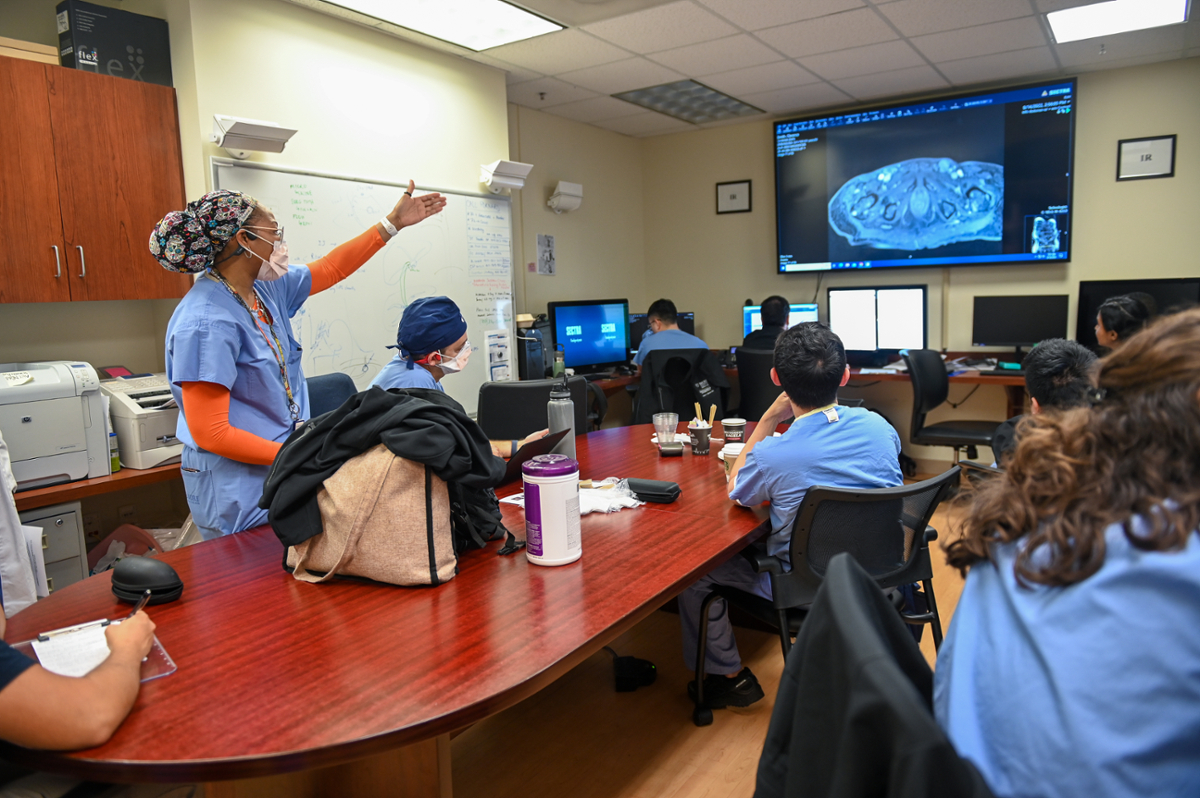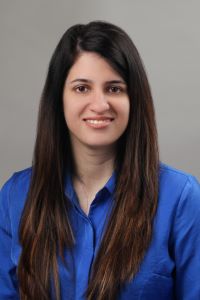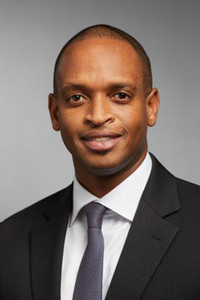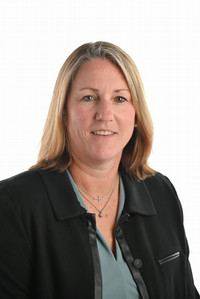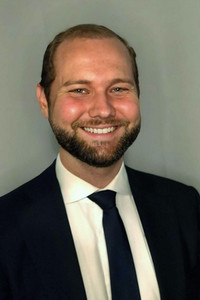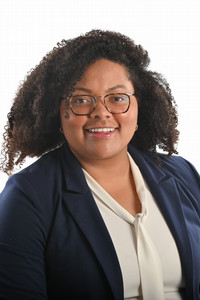Radiology - An Exciting Specialty
Congratulations! You have chosen to explore one of the most important specialties in medicine: radiology. Radiology is a fundamental component of medical care; most patients need some sort of imaging study at some point in their lifetime. Radiology is not only a powerful diagnostic tool, radiology also is used to guide and even provide clinical care or treatment for patients of all ages, including infants and children.
Experience Radiology as an Observer
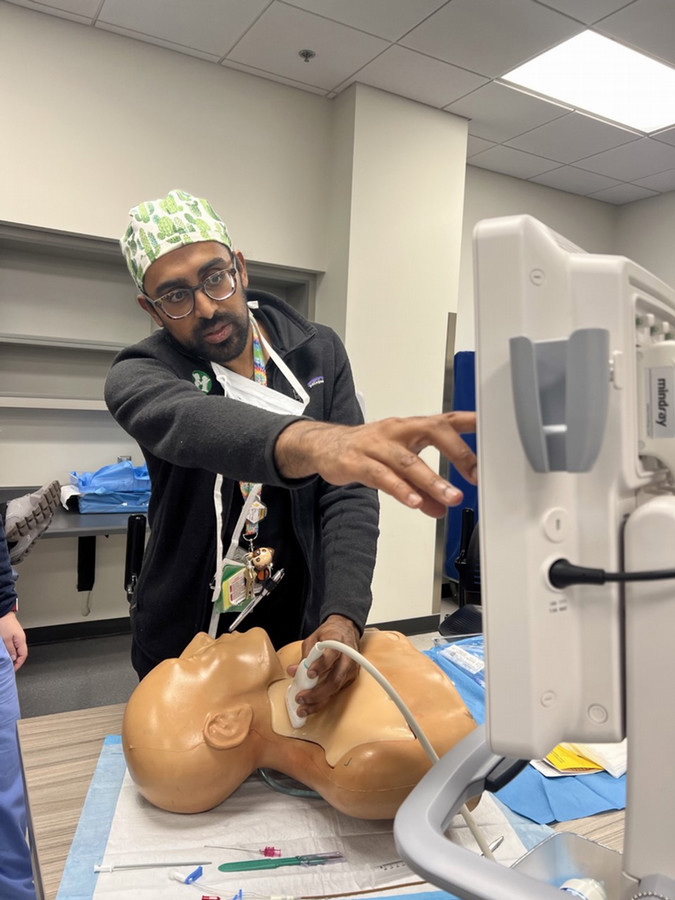
What Is an Observer or Shadowing Experience?
An observer or shadowing experience is an opportunity to see firsthand what a typical day in radiology is like, observe the breadth of care provided by radiologists, and learn about career paths in medicine. Observers do not provide any medical care and do not engage directly with patients. This is exclusively an opportunity to shadow a clinical radiology faculty member as they go about their day. Clinical faculty members may be teaching medical students, residents, or fellows as part of their workday. When such activities occur, the observer simply observes unless directly asked to participate.
An observer experience may be brief, for example, one morning, or it may be extended, such as every morning for a week or once a week for several weeks. The length of the observer experience is negotiated between the observer and the faculty sponsor.
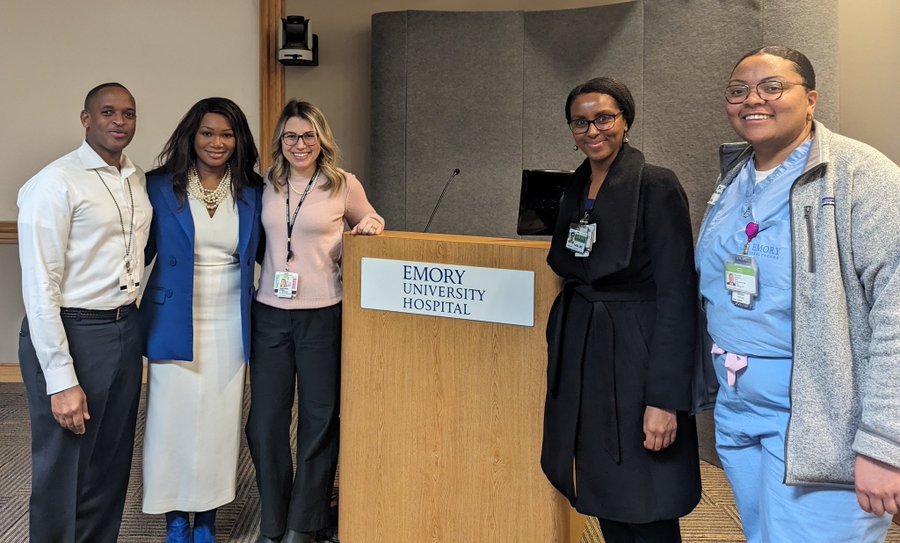
What Is a Faculty Sponsor?
Every student must have a faculty sponsor. A faculty sponsor is a member of the Emory Radiology clinical faculty who will supervise and mentor the student throughout the observer experience.
There are a number of ways to connect with a faculty sponsor. Some students may already know a faculty member from a program they attended or from hearing them lecture as a guest in one of their courses, or from family connections. Such students can reach out directly to that faculty member and request they serve as their faculty sponsor.
For students who don't already have a connection, we have faculty members who are eager to work with students. Contact our program coordinator to start the matching process.
Who Is Eligible for an Observer Experience?
The observer experience benefits a range of learners. Undergraduate students pursuing a pre-medicine or pre-health program may improve their medical school applications because most medical schools expect (and may even require) applicants to undertake health sciences-related internships and observerships. Observer experiences help build relationships with faculty who may be willing to write letters of recommendation.
Observer experiences also benefit first- and second-year medical students. Many medical training programs don't offer opportunities to deeply explore radiology until fourth year. An observer experience helps pre-clinical medical students get to know the specialty sooner, which can help the student begin planning elective rotations or identify faculty with whom to work on independent projects to further their exposure to radiology. All of these experiences can help boost medical students' chances for matching into a radiology residency program.
International medical graduates (IMGs) also find observer experiences valuable, particularly as they navigate the complex process of gaining training opportunities in the United States.
General Requirements:
- Applicants must be 18 years old at the time of the observer experience.
- Applicants must be in good standing at their home institution and satisfy eligibility requirements of their home institution, if applicable.
- Undergraduate students must have a minimum 2.0 GPA.
- Undergraduate students should be classified as current, full-time or part-time enrolled students.
- Complete all elements of the application process, including completing required training courses (see below).
College Pre-Health Advising
Undergraduate students in Georgia should contact the appropriate office at their school as part of the application process:
| Institution | Office to Contact |
| Agnes Scott College | Pre-Health Program |
| Emory University | Emory Pre-Health Advising Office, Contact assigned by last name |
| Georgia State University | Pre-Medical Programs, Office of Academic Assistance, Linda King, Program Manager lking@gsu.edu |
| Mercer University | Pre-Medicine, Office of Academic and Advising Services |
| Morehouse College | Health Professions Program |
| Oglethorpe University | Pre-Medical Studies, Tenisha Tinsley, Student Success Advisor, STEM ttinsley@oglethorpe.edu |
| Spelman College | Health Careers Program, Naija Brown, Partnership Coordinator, naijabrown@spelman.edu |
| University of Georgia | Pre-Health Advising Office |
| Students from Other Institutions | Contact Emory Radiology: Wanda Dozier, Program Coordinator at wanda.dozier@emory.edu |
How Much Does an Observer Experience Cost?
The following are the costs associated with an Emory Observer Experience (financial aid may be available):
- $15 observership fee is required by the Emory University School of Medicine
- $10 security badge fee required by Emory Healthcare
The Application Process
Emory Students
- Download and save the application instructions.
- Complete the one-page Emory Radiology Observer Application: Preliminary Form and return to the form to the Emory Radiology Observer Program (EROP) Coordinator Wanda Dozier at wanda.dozier@emory.edu.
- Once you receive approval from the EROP coordinator, contact an Emory Pre-Health advisor for further instructions. Appointments with an Emory Pre-Health advisor can be made by clicking here. Click here for additional information on this step.
- Complete the supplemental application from the Emory Office of Observership Credentialing. Request this application by emailing observership.credentialing@emoryhealthcare.org. A link to the EOOC Application will be emailed to you. Final approval will be emailed to you once the EOOC processes the supplemental application.
Non-Emory Affiliated Applicants
- Download and save the application instructions.
- Complete the one-page Emory Radiology Observer Application: Preliminary Form and return form to the Emory Radiology Observer Program (EROP) Coordinator Wanda Dozier at wanda.dozier@emory.edu.
- Once you receive approval from the EROP coordinator, complete the United States Federal Health Insurance Portability and Accountability Act (HIPAA) privacy and data security training. Non-Emory-affiliated applicants will need to create an account on the HealthStream Learning Center Express site. The training comprises two courses entitled “HIPAA Basics (PA),” and “EHC Information Security and Privacy FY24.” After enrolling in and completing the courses, download PDF copies of your certificates of completion.
- Send the documents listed below to the Emory Radiology Observer Program (EROP) coordinator at dozier@emory.edu. (Note: these documents will also be requested by the Emory Office of Observership Credentialling, which is an administrative office outside of Radiology.) Required documents:
- Certificates of completion of both required HIPAA training courses listed in Step 2 above;
- Documentation of identity (see following section);
- Curriculum vitae; and
- Complete immunization and wellness records (see following section).
- Complete the supplemental application from the Emory Office of Observership Credentialing (EOOC). Obtain the application by sending a request by email to observership.credentialing@emoryhealthcare.org. A link to the EOOC application will be emailed to you. Final approval will be emailed to you once the EOOC processes the supplemental application.
Valid Forms of Documentation of Identity:
- Copy of passport from any country OR
- United States Residents only:
- Valid state-issued driver's license, learner's permit, or identification card; OR
- U.S. Active Duty/Retiree/Reservist Military ID card; OR
- Permanent Resident Card.
Immunization and Wellness Records:
A complete set of immunization and wellness records must include one option from each of the following categories:
- For Measles, Mumps, and Rubella (MMR), applicants must provide documentation of either
- Two live attenuated MMR vaccines OR
- Positive individual titers
- For Varicella (Chicken Pox, VZV), applicants must provide documentation of either
- Two live VZV vaccines OR
- Positive titer
- For Hepatitis B, applicants must provide documentation of either
- Three doses of Hepatitis B vaccine OR
- Positive Hepatitis B Surface Antibody (HBVSAB)
- For Influenza (Flu), applicants must provide documentation of either
- Vaccination no more than nine (9) months prior to observer experience start date OR
- Emory Healthcare waiver signed by physician or religious leader
- For Tuberculosis (TB), applicants must provide documentation of either
- Negative T-Spot test OR
- Negative QuantiFERON TB Gold blood test (Interferon-Gamma Release Assays or IGRA) no more than three months prior to observership start date
Applicants with positive TB serology or a history of compromised immunity must provide a chest x-ray report documenting negative findings for TB and a physician's note documenting their wellness.
COVID-19 immunization is recommended but not required and does not require submission of documentation.
Pre-Clinical Medical Students and IMGs
Pre-clinical medical students may need to plan to complete the observership during times that do not interfere with classwork, such as over winter or spring breaks or during the summer. The application process is the same as described above for Non-Emory affiliated students, even if you are an Emory medical student.


